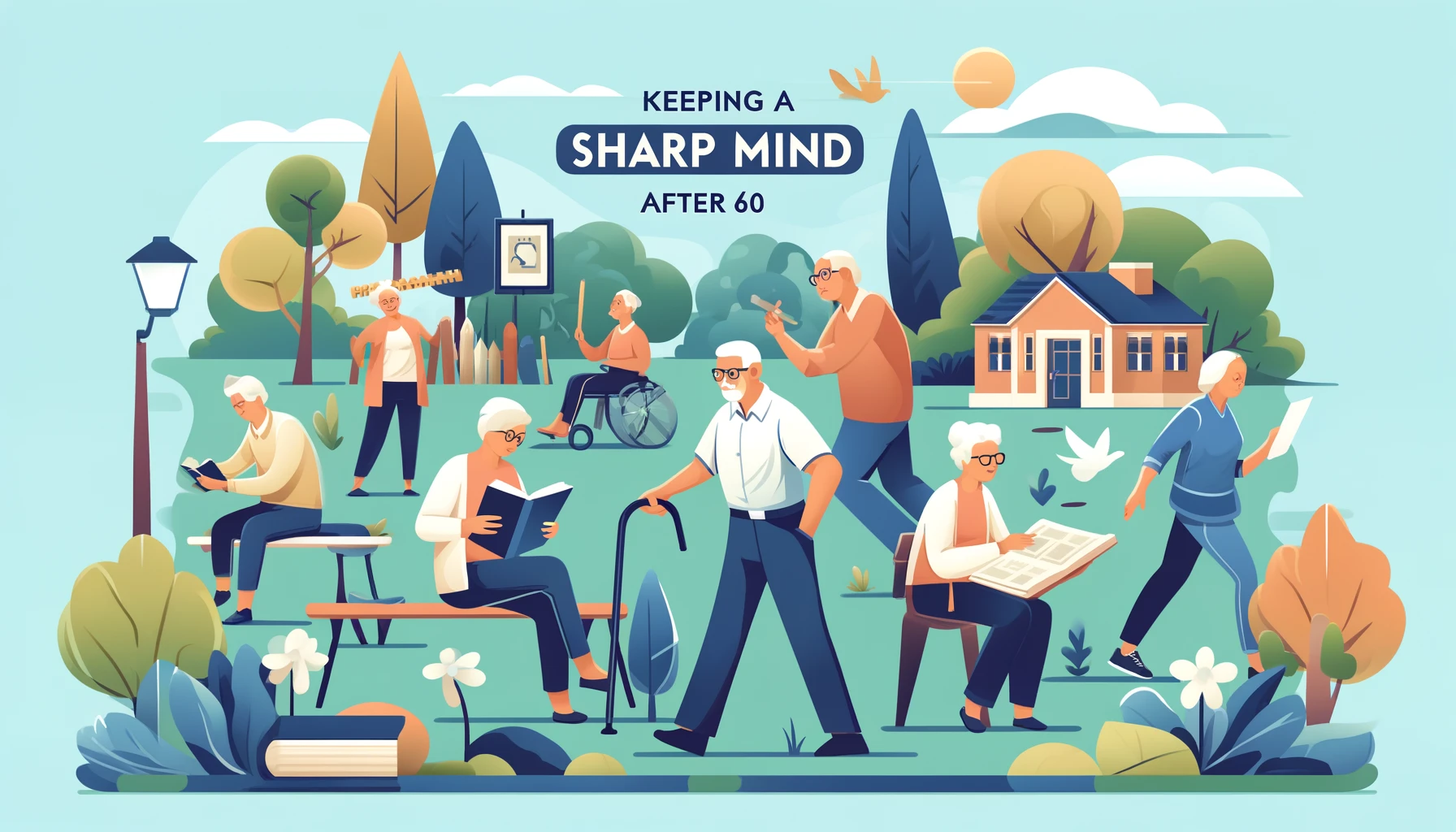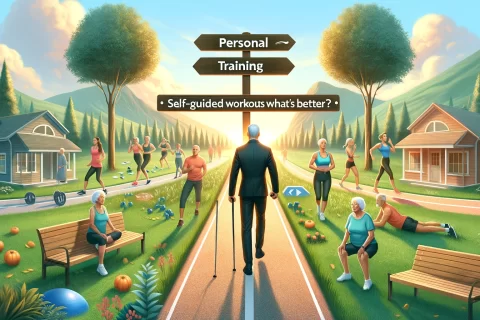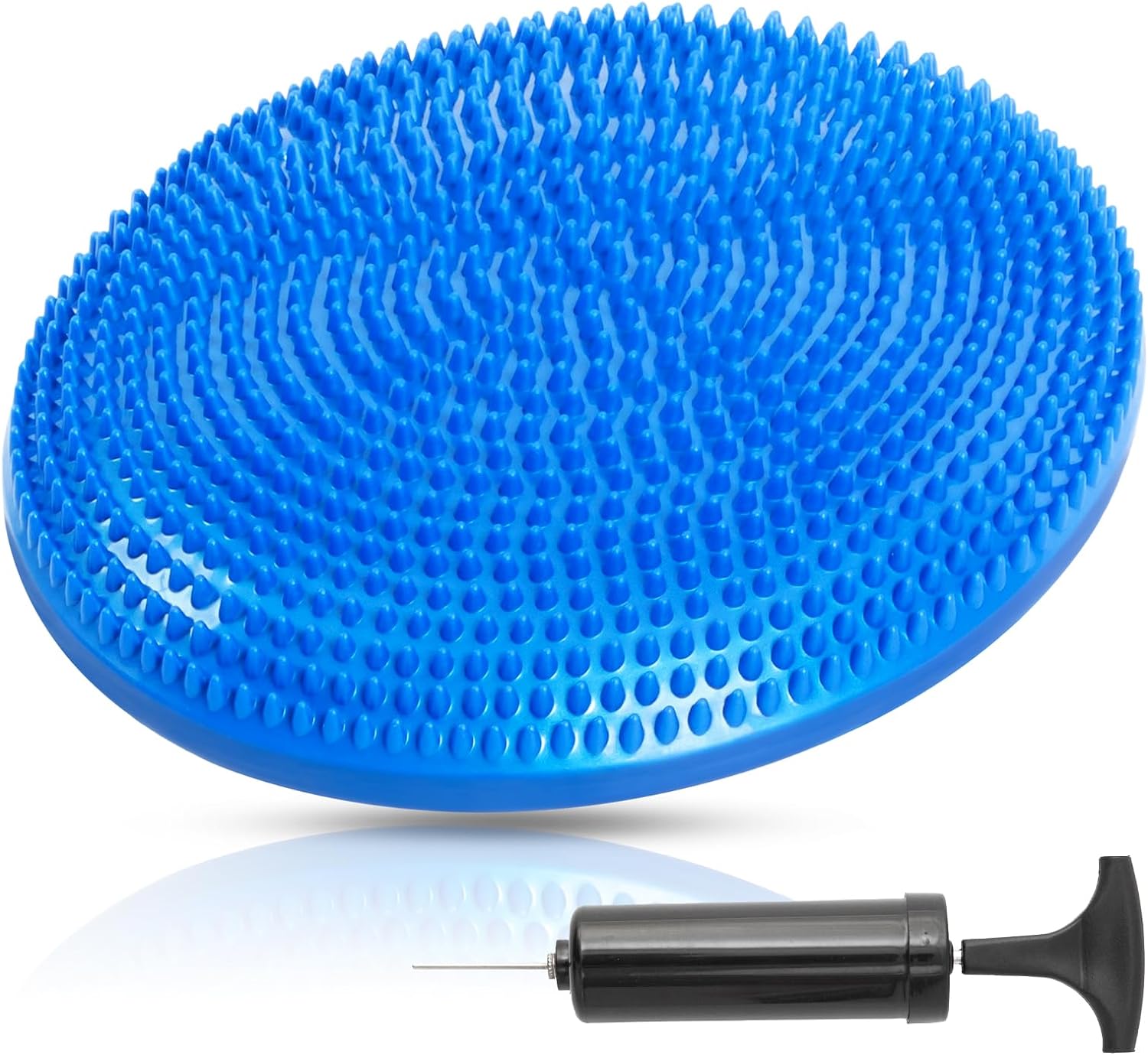In today’s fast-paced world, maintaining mental acuity is crucial, especially as we age. Many seniors worry about cognitive decline and seek ways to keep their minds sharp and active well into their golden years. If you’re over 60 and looking to maintain mental sharpness, you’re in the right place. In this comprehensive guide, we’ll explore ten effective tips to help you preserve cognitive function and lead a fulfilling life.
1. Engage in Regular Physical Exercise
Physical exercise isn’t just beneficial for your body—it’s also great for your brain. Regular exercise increases blood flow to the brain, promotes the growth of new brain cells, and enhances overall cognitive function. Aim for at least 30 minutes of moderate exercise most days of the week, incorporating activities like walking, swimming, or yoga into your routine.

- Engage in regular exercise to increase blood flow to the brain.
- Aim for at least 30 minutes of moderate-intensity exercise most days of the week.
- Choose activities you enjoy, such as walking, swimming, or gardening.
- Incorporate strength training exercises to maintain muscle mass and support brain health.
- Stay consistent with your exercise routine to reap long-term cognitive benefits.
2. Challenge Your Brain with Mental Exercises
Keep your mind sharp by engaging in activities that challenge your cognitive abilities. Puzzles, brain teasers, and games like Sudoku or crossword puzzles are excellent choices. Learning a new skill or language can also provide a mental workout and stimulate brain activity.

- Challenge your brain with puzzles, crosswords, or Sudoku.
- Learn a new skill or hobby to keep your mind engaged.
- Engage in activities that require problem-solving and critical thinking.
- Stay curious and explore new subjects or interests.
- Set aside time each day for brain-stimulating activities to maintain cognitive function.
3. Prioritize Healthy Eating Habits
A balanced diet rich in fruits, vegetables, whole grains, and lean proteins is essential for brain health. Foods like fatty fish, nuts, and seeds, which are high in omega-3 fatty acids, can support cognitive function. Limit your intake of processed foods, sugary snacks, and excessive amounts of alcohol, as these can impair brain function over time.

- Consume a balanced diet rich in fruits, vegetables, whole grains, and lean proteins.
- Include foods high in antioxidants, such as berries, leafy greens, and nuts.
- Limit processed foods, sugary snacks, and excessive salt intake.
- Stay hydrated by drinking plenty of water throughout the day.
- Practice portion control and mindful eating to support overall health and brain function.
4. Get Sufficient Sleep
Quality sleep is vital for cognitive function and overall well-being. Aim for 7-9 hours of uninterrupted sleep each night to allow your brain to rest and recharge. Establish a relaxing bedtime routine and create a comfortable sleep environment to promote restful sleep.

- Prioritize sleep by establishing a regular sleep schedule.
- Create a relaxing bedtime routine to signal to your body that it’s time to wind down.
- Keep your sleep environment dark, quiet, and comfortable.
- Avoid stimulants like caffeine and electronic devices before bedtime.
- Practice relaxation techniques such as deep breathing or progressive muscle relaxation to promote restful sleep.
5. Stay Socially Active
Maintaining social connections is crucial for mental health and cognitive function. Stay connected with friends, family, and community groups to engage in meaningful conversations and activities. Join clubs, volunteer, or participate in group classes to stay socially active and stimulate your mind.

- Stay connected with friends, family, and community groups.
- Schedule regular social activities or outings to maintain social connections.
- Engage in meaningful conversations and listen actively to others.
- Volunteer Maintaining social connections is crucial for mental health and cognitive function. Stay connected with friends, family, and community groups to engage in meaningful conversations and activities. Join clubs, volunteer, or participate in group classes to stay socially active and stimulate your mind.
- or join clubs and organizations that align with your interests.
- Foster new relationships and nurture existing ones to combat loneliness and isolation.
6. Manage Stress Effectively
Chronic stress can have a detrimental effect on brain health and cognitive function. Practice stress-reduction techniques such as deep breathing, meditation, or yoga to keep stress levels in check. Engaging in enjoyable activities and hobbies can also help alleviate stress and promote mental well-being.

- Practice stress management techniques such as deep breathing, meditation, or yoga.
- Prioritize self-care activities that promote relaxation and emotional well-being.
- Identify sources of stress in your life and develop coping strategies to manage them effectively.
- Maintain a positive outlook and focus on solutions rather than dwelling on problems.
- Seek support from friends, family, or a mental health professional when needed.
7. Stay Mentally Active
Keep your mind sharp by staying mentally active and engaged in lifelong learning. Read books, take up a new hobby, or enroll in classes or workshops that interest you. Continuous learning not only stimulates brain activity but also promotes personal growth and fulfillment.

- Pursue lifelong learning opportunities through classes, workshops, or online courses.
- Challenge your brain with new hobbies, interests, or creative pursuits.
- Read books, articles, or blogs on topics that interest you.
- Engage in brain-training exercises or apps designed to improve cognitive function.
- Keep your mind active and engaged to build cognitive reserve and delay age-related cognitive decline.
8. Maintain a Healthy Weight
Excess weight can increase the risk of cognitive decline and other health problems. Aim to maintain a healthy weight through a combination of regular exercise and a nutritious diet. Consult with a healthcare professional or nutritionist to develop a personalized plan that suits your needs and goals.

- Strive to achieve and maintain a healthy weight to reduce the risk of cognitive decline.
- Focus on a balanced diet rich in fruits, vegetables, lean proteins, and whole grains.
- Limit processed foods, sugary snacks, and high-calorie beverages that contribute to weight gain.
- Practice portion control and mindful eating to prevent overeating and promote satiety.
- Incorporate regular physical activity into your routine to support weight management and overall health.
9. Stay Hydrated
Proper hydration is essential for optimal brain function. Drink plenty of water throughout the day to stay hydrated and maintain cognitive performance. Limit your intake of caffeinated and sugary beverages, as these can cause dehydration and negatively impact brain health.

- Drink plenty of water throughout the day to maintain optimal hydration.
- Carry a reusable water bottle with you to ensure easy access to fluids.
- Monitor your fluid intake, especially in hot weather or during physical activity.
- Limit consumption of sugary drinks, caffeine, and alcohol, which can contribute to dehydration.
- Pay attention to signs of dehydration, such as dark urine or dry mouth, and drink water accordingly to stay hydrated.
10. Stay Positive and Embrace Challenges
A positive outlook and a willingness to embrace new challenges can go a long way in keeping your mind sharp after 60. Maintain a growth mindset, stay curious, and approach life with enthusiasm and optimism. Embrace opportunities for growth and learning, and don’t be afraid to step out of your comfort zone.

- Cultivate a positive outlook on life and approach challenges with optimism.
- Practice gratitude and focus on the good in every situation.
- Surround yourself with supportive and uplifting people who encourage your growth and well-being.
- Embrace challenges as opportunities for personal growth and learning.
- Develop resilience by adapting to change and overcoming obstacles with a positive mindset.
In conclusion, keeping your mind sharp after 60 requires a combination of lifestyle habits, including regular exercise, mental stimulation, healthy eating, and social engagement. By incorporating these ten tips into your daily routine, you can support cognitive function, maintain mental acuity, and enjoy a fulfilling and vibrant life.
About the Author:
Steve Allison is an experienced personal trainer and nutrition specialist for seniors with years of experience and certification from NASM. Passionate about helping older adults live healthier and happier lives, Steve is dedicated to providing expert guidance and support to his clients on their fitness and wellness journey.
For more tips and resources on senior fitness and nutrition, visit The Fitness Help Desk.






























